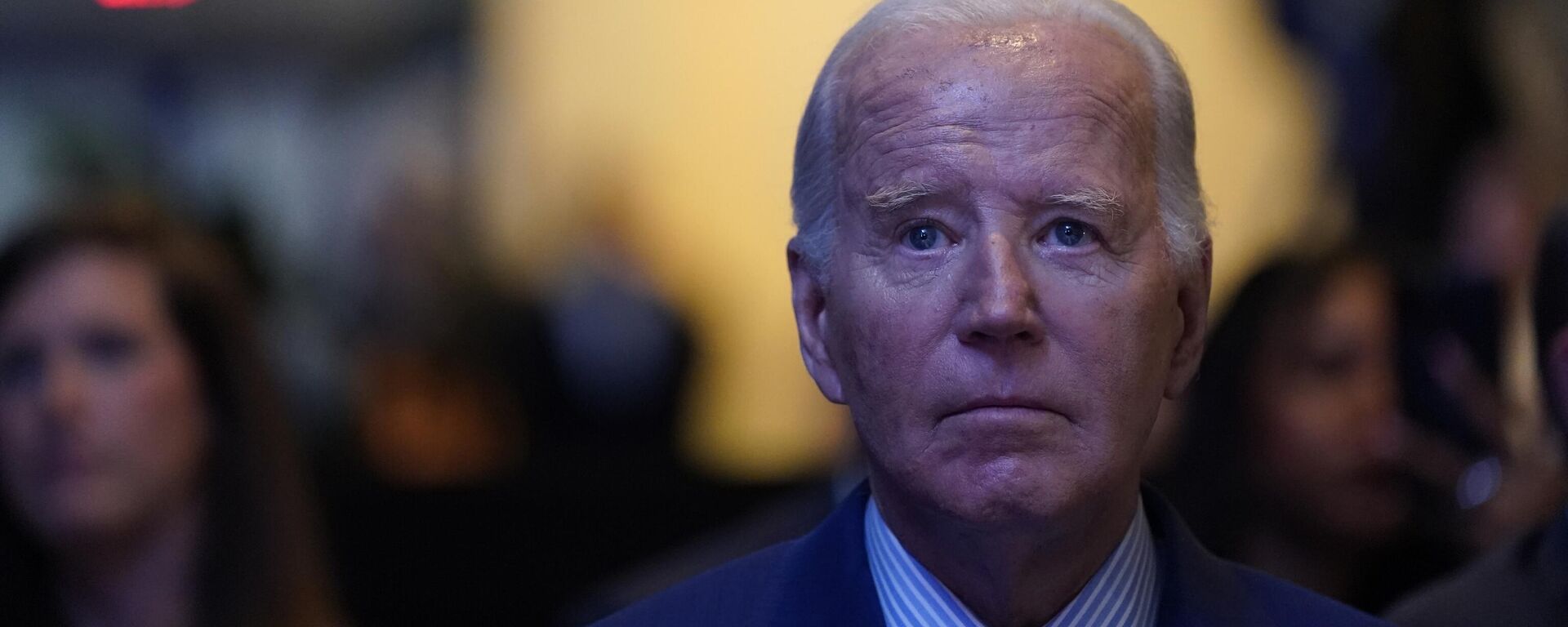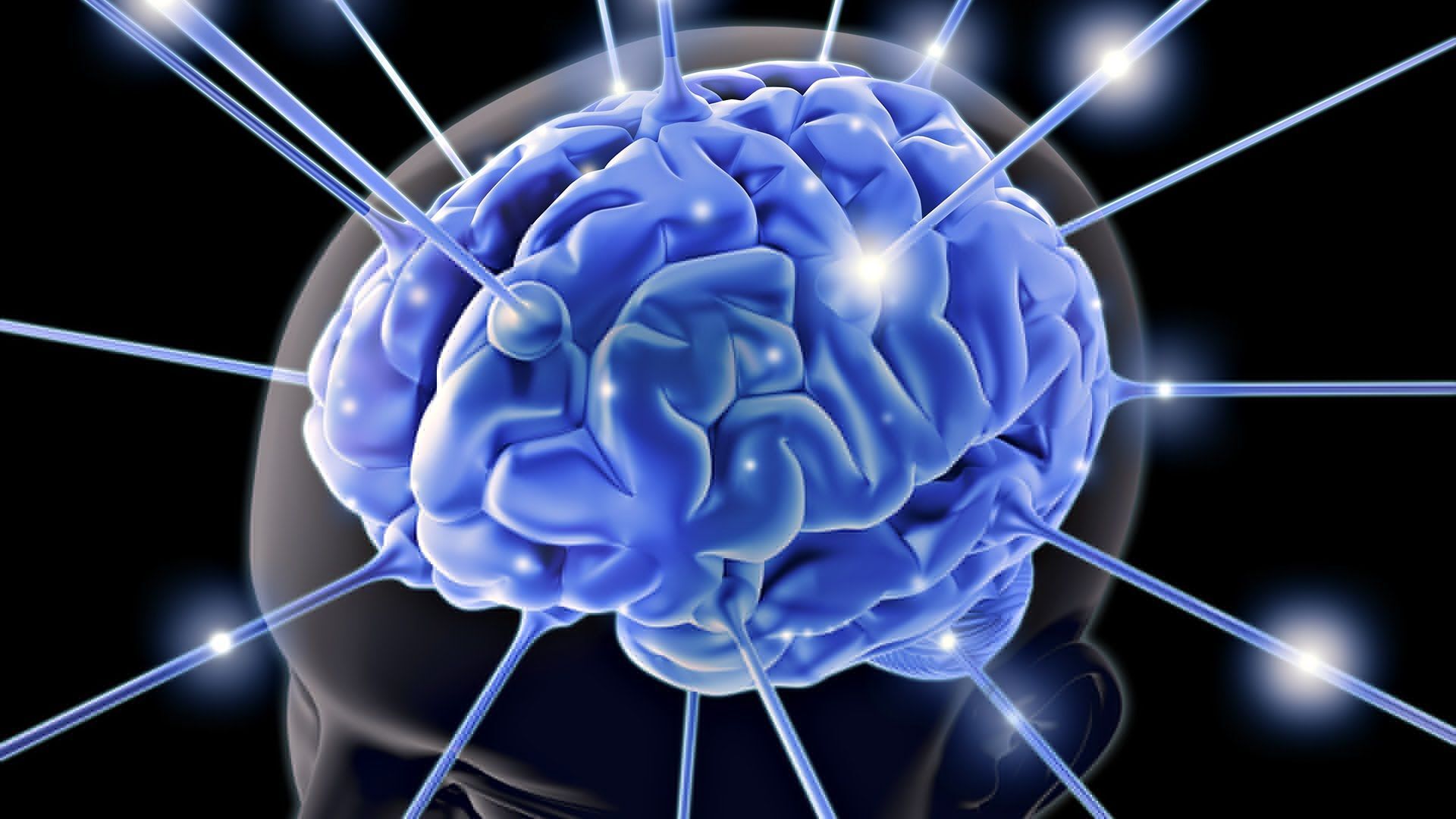https://sputnikglobe.com/20240330/researchers-discover-why-you-recall-some-memories-and-forget-others-1117656460.html
Researchers Discover Why You Recall Some Memories and Forget Others
Researchers Discover Why You Recall Some Memories and Forget Others
Sputnik International
In the hustle and bustle of daily life, countless events vie for our attention, each holding the potential to be archived in our memory. Yet, amidst these experiences, only a select few leave a lasting imprint on our minds.
2024-03-30T12:31+0000
2024-03-30T12:31+0000
2024-03-30T12:31+0000
beyond politics
science & tech
society
https://cdn1.img.sputnikglobe.com/img/07e5/06/0a/1083119344_0:0:1920:1080_1920x0_80_0_0_949b393ea2793f06aad2e9a0570e7949.jpg
Neuroscientists have found that reflecting on life events shortly after they occur increases the likelihood of etching them into long-term memory.The study's lead author, Dr. Gyorgy Buzsaki, a Briggs professor of neuroscience at NYU Langone Health, four other NYU researchers, and a data analyst from the Mila-Quebec AI Institute, focused on the hippocampus. Using advanced techniques, they monitored the activity of hundreds of neurons simultaneously in the hippocampus of lab mice navigating a maze for tasty rewards.The scientists observed that when a mouse paused to savor its reward after successfully navigating a maze, they recorded distinct sharp wave ripples (SWRs) – rhythmic patterns generated by highly synchronized neuronal activity within the hippocampus – numbering about five to 20 each time.According to the study team, reflecting on an event shortly after it occurs can enhance the formation of long-term memories, even though the brain's unconscious bursts of electrical activity are responsible for this process.During the mouse maze experiment, SWRs were detected in the mice's brains while they slept.As the mice slept in the lab, neurons in their hippocampus, which had previously activated during daytime maze activities, fired rapidly once more. This activity resembled the animals "playing back" the recorded events repeatedly throughout the night, occurring thousands of times.Dr. Buzsaki and his team propose that activating hippocampus neurons is responsible for storing geographical information in memory, such as the layout of rooms or the paths taken in a maze.He suggested that a leisurely walk post-activity could significantly boost retention, offering a practical tip for memory enhancement.Dr. Winnie Yang, one of the study's co-lead authors, expressed optimism about potential therapeutic applications, particularly for individuals struggling with memory disorders or PTSD. She envisioned future interventions harnessing these insights to enhance memory function or alleviate traumatic memories.Dr. Daphna Shohamy of Columbia University's Zuckerman Institute (who was not part of the research) highlighted the relevance of their findings to human cognition, emphasizing the link between successful task completion and memory retention.
https://sputnikglobe.com/20240208/biden-suffered-memory-issues-about-career-during-classified-docs-probe-1116676744.html
Sputnik International
feedback@sputniknews.com
+74956456601
MIA „Rossiya Segodnya“
2024
Chimauchem Nwosu
https://cdn1.img.sputnikglobe.com/img/07e7/09/01/1113046371_0:99:1536:1635_100x100_80_0_0_9c5c627283eca931c39fe4852bbb301c.jpg
Chimauchem Nwosu
https://cdn1.img.sputnikglobe.com/img/07e7/09/01/1113046371_0:99:1536:1635_100x100_80_0_0_9c5c627283eca931c39fe4852bbb301c.jpg
News
en_EN
Sputnik International
feedback@sputniknews.com
+74956456601
MIA „Rossiya Segodnya“
Sputnik International
feedback@sputniknews.com
+74956456601
MIA „Rossiya Segodnya“
Chimauchem Nwosu
https://cdn1.img.sputnikglobe.com/img/07e7/09/01/1113046371_0:99:1536:1635_100x100_80_0_0_9c5c627283eca931c39fe4852bbb301c.jpg
human memory, hippocampus, long-term memory, short-term memory, sharp wave ripples
human memory, hippocampus, long-term memory, short-term memory, sharp wave ripples
Researchers Discover Why You Recall Some Memories and Forget Others
The findings, published in Science, pioneered the initial connection between nighttime brain activity and corresponding daytime behavior in the hippocampus – part of the brain involved in emotion, learning, and short- and long-term memory.
Neuroscientists have found that reflecting on life events shortly after they occur increases the likelihood of etching them into long-term memory.
The study's lead author, Dr. Gyorgy Buzsaki, a Briggs professor of neuroscience at NYU Langone Health, four other NYU researchers, and a data analyst from the Mila-Quebec AI Institute, focused on the hippocampus. Using advanced techniques, they monitored the activity of hundreds of neurons simultaneously in the hippocampus of lab mice navigating a maze for tasty rewards.
The scientists observed that when a mouse paused to savor its reward after successfully navigating a maze, they recorded distinct sharp wave ripples (SWRs) – rhythmic patterns generated by highly synchronized neuronal activity within the hippocampus – numbering about five to 20 each time.
According to the study team, reflecting on an event shortly after it occurs can enhance the formation of long-term memories, even though the brain's unconscious bursts of electrical activity are responsible for this process.

8 February 2024, 22:32 GMT
During the mouse maze experiment, SWRs were detected in the mice's brains while they slept.
As the mice slept in the lab, neurons in their hippocampus, which had previously activated during daytime maze activities, fired rapidly once more. This activity resembled the animals "playing back" the recorded events repeatedly throughout the night, occurring thousands of times.
Dr. Buzsaki and his team propose that activating hippocampus neurons is responsible for storing geographical information in memory, such as the layout of rooms or the paths taken in a maze.
“Our study finds that sharp wave ripples are the physiological mechanism used by the brain to ‘decide’ what to keep and what to discard,” Dr. Buzsaki told NBC News.
He suggested that a leisurely walk post-activity could significantly boost retention, offering a practical tip for memory enhancement.
Dr. Winnie Yang, one of the study's co-lead authors, expressed optimism about potential therapeutic applications, particularly for individuals struggling with memory disorders or PTSD. She envisioned future interventions harnessing these insights to enhance memory function or alleviate traumatic memories.
Dr. Daphna Shohamy of Columbia University's Zuckerman Institute (who was not part of the research) highlighted the relevance of their findings to human cognition, emphasizing the link between successful task completion and memory retention.




